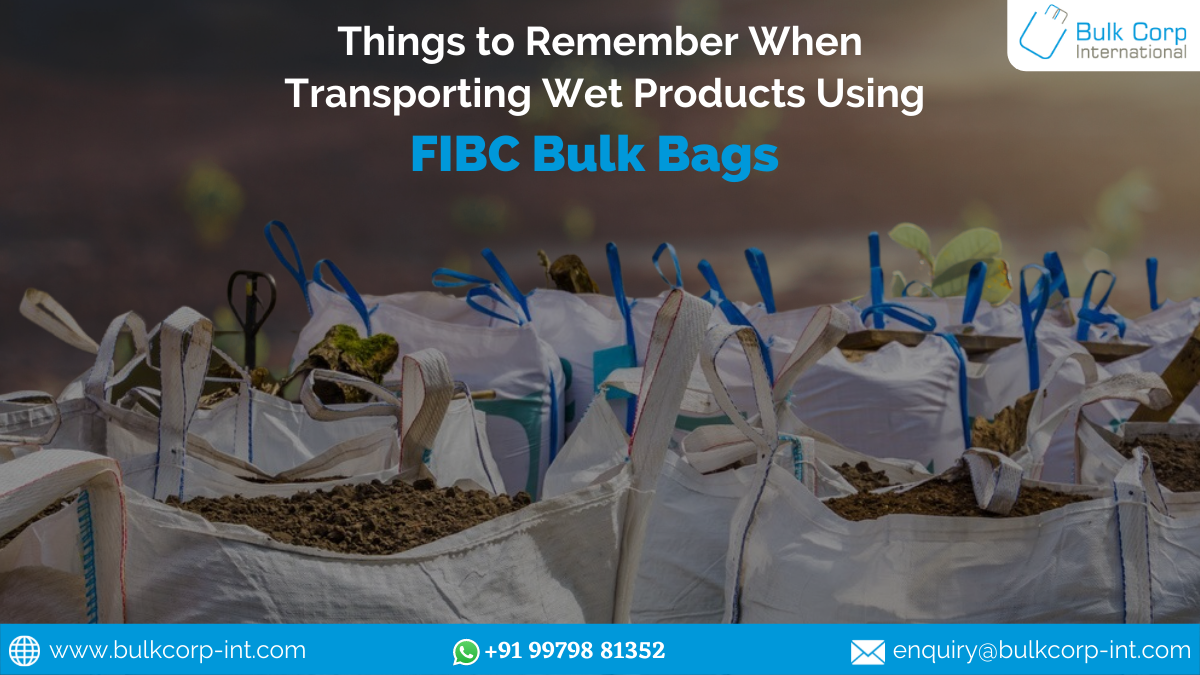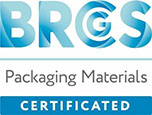Things to Remember When Transporting Wet Products Using FIBC Bulk Bags

The affordability, durability, and flexibility of FIBC bulk bags is finding new takers as more businesses explore and adopt their usage. The handling, storage, and transportation of wet materials is one such segment. Products that have a high-moisture content such as manure, wet coffee grounds, and certain chemicals are finding convenient and safe handling with FIBC.
Why Wet Products Need Better Handling
The storage and transport of wet materials have a unique set of challenges. These must be considered and accounted for to avoid loss or any other kind of damage.
If you are considering an FIBC Bulk Bags for wet products, you will not be disappointed. However, you should be aware of some important factors in storing and transporting wet materials with FIBC:
Moisture adds weight; therefore, wet materials present more weight for the same volume thereby increasing the safe working load of an FIBC.
Seepage of moisture through the seams or linings during storage.
- Certain wet products tend to rot or develop mould with prolonged moisture retention.
- Wet products have a tendency to clot, clogging during discharge can be inconvenient.
- In order to avoid and eliminate inconveniences, there are some best practices.
Things to remember when transporting wet materials with FIBC bulk bags
The issues highlighted above can be easily addressed if you remember to follow certain guidelines. They can ensure that FIBC bulk bags provide the best performance in wet material applications.
Remember to:
- Completely and properly understand the nature of the wet material so that the right specification of FIBC bulk bag is used.
- Counter the heavier weight of wet materials by using an FIBC with a higher possible Safe Working Load or SWL.
- Opt for coated FIBC that are ideal for moist products, and lined FIBCs for very wet products. Using external polyethylene liners in case of liquid products can prevent moisture or water from seeping through the weaves.
- Choose breathable bulk bags in place of coated, lined, or standard FIBCs for those wet products in which water seepage out from the bag is preferred.
- Prefer full-bottom discharge FIBC bulk bags to prevent clogging or wet material bridging, and speed up the discharging process.
- Finally, the best pointer in choosing the right FIBC and other guidelines while transporting wet products is to partner with the right supplier.
Ask your supplier for the right FIBC
Let Bulkcorp International help you to identify and source the right FIBC. We can suggest the best solutions to your unique wet product storage and transportation. Contact us for premium quality FIBC Bulk Bags today!





